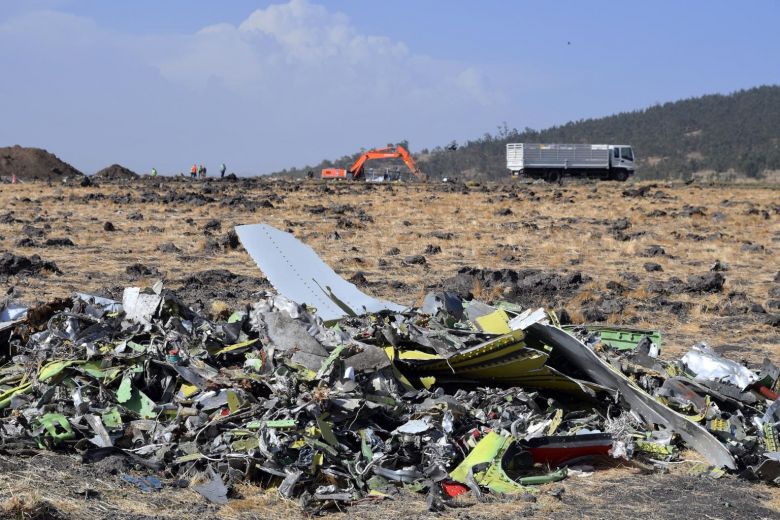U.S. FAA should ground all Boeing 737 Max 8 planes
The U.S. Federal Aviation Administration defies common sense with its refusal to ground the new model of Boeing planes involved in two similar crashes that have killed 346 people in the past five months.
Until the causes of the accidents in Ethiopia on Sunday and Indonesia in October are determined, our federal government regulators should put the safety of the public ahead of the financial concerns of the airline industry. They should ground the Boeing 737 Max 8.
As of March 12, Europe’s aviation regulator (and France, Germany, Britain and Ireland, individually), India, Australia, China, Singapore, Malaysia and Indonesia had all banned the planes— and there is good reason for these actions. The two crashes both involved new aircraft in good weather just after takeoff. In each case, the pilots reported problems controlling the planes right after takeoff.
Yet, in the United States, the FAA insists no action is needed. In a statement Monday, the agency noted reports of similarities between the two crashes, but then added, “This investigation has just begun and to date we have not been provided data to draw any conclusions or take any actions.” That is true. It is too early in the investigation to draw conclusions on whether the planes are safe or dangerous, but there is enough information out there to raise serious concerns. Until the causes are known, the FAA should err on the side of caution.
Meanwhile, Boeing is sending mixed signals to the public. On one hand, it insists the new planes are safe. Simultaneously, the airplane manufacturer says that in coming weeks it will roll out new flight control software enhancements for the Max 8 that were developed in the aftermath of the first crash. It is hardly reassuring that actions are being taken to fix the planes that apparently have nothing wrong with them.
According to the New York Times, more than 340 Max 8 planes are already registered, racking up around 8,500 flights weekly, worldwide. So far, at least 34 airlines have taken the plane out of service. But the three companies with the largest fleets of the 737 Max 8— Southwest Airlines, American Airlines and Air Canada, with 82 of the new planes between them— continue to fly them.
If they insist on gambling with lives while the causes of the two crashes remain under investigation, they should at least offer free flight changes to passengers who do not want to take the risk.
It is not surprising that profit-driven airlines don’t want to ground the Max 8, but it is the FAA’s response that’s the most disappointing. It reinforces the sense that the nation’s airline regulators put the industry’s financial well-being ahead of the flying public’s safety.
Featured Image- The wreckage of Ethiopian Airline’s Boeing 737 Max 8 Photo courtesy of The Straits Times

